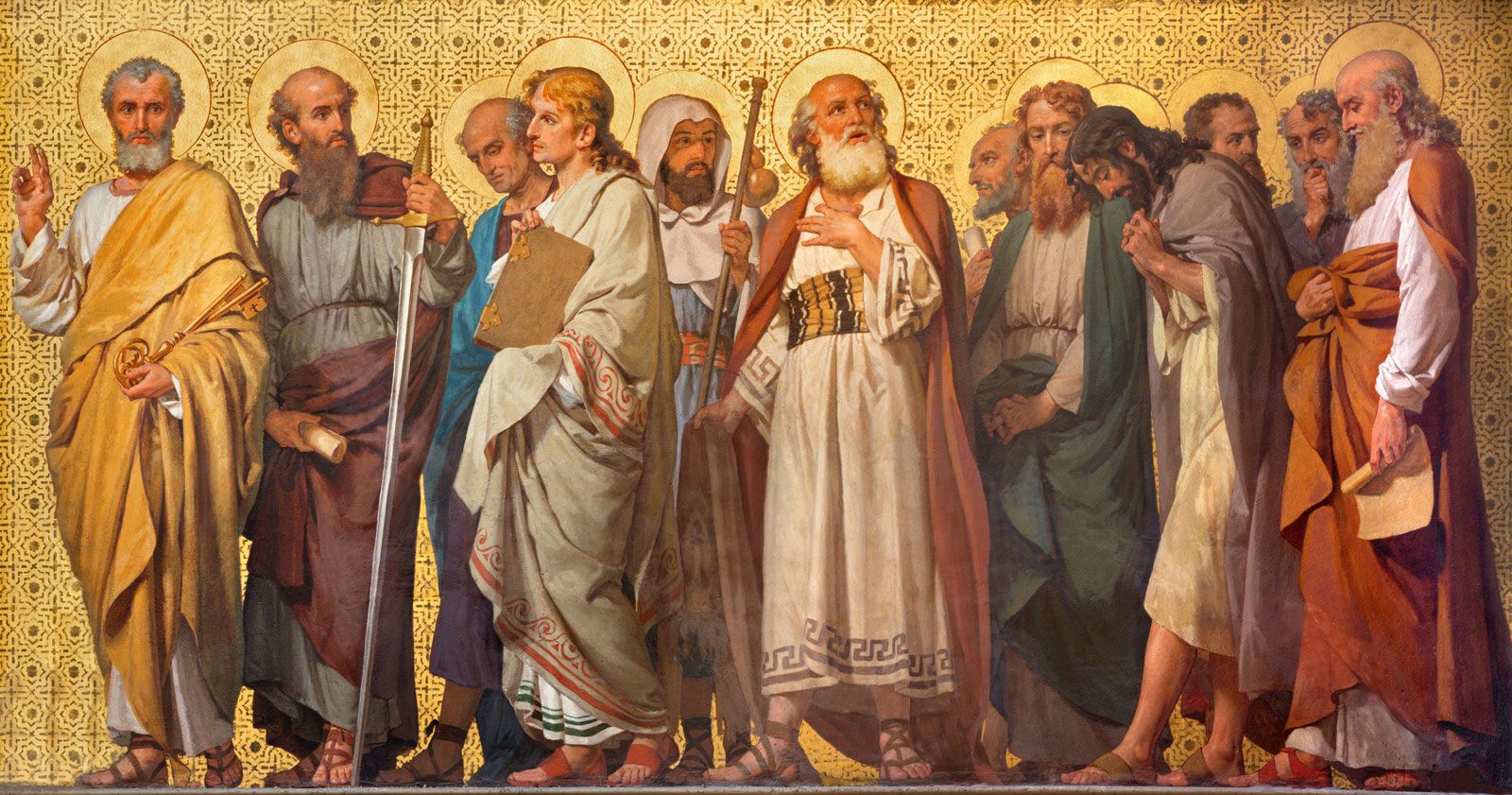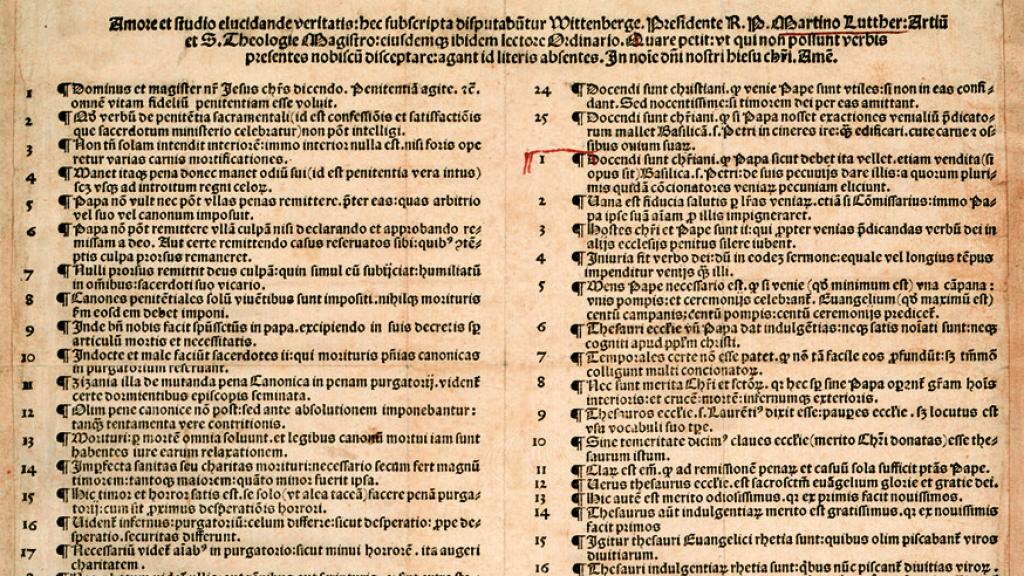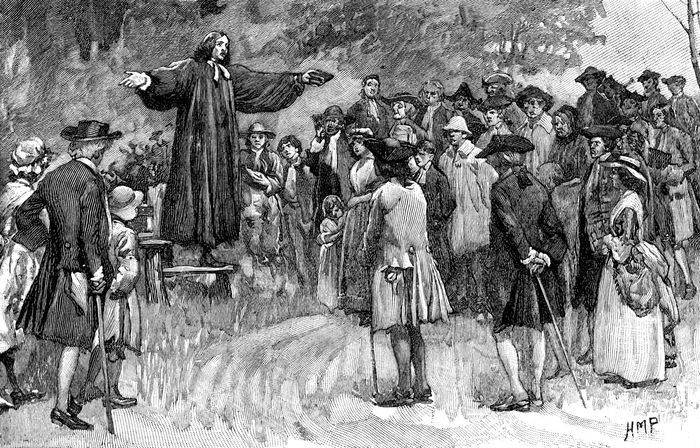Understanding Historical Christian Movements: A Journey Through Faith and Time
In the tapestry of Christian history, each thread represents a movement, a revival, or a transformative idea that has shaped the faith and practice of countless believers. As someone deeply fascinated by the intersection of technology, travel, and spirituality, I’ve come to appreciate the richness of Christian history and theology, particularly the historical Christian movements that have punctuated the church’s journey through time. This exploration is not just academic; it’s profoundly personal, shedding light on the path I tread today as a believer and a thinker.
The Cradle of Christianity: The Early Church
The early church was the crucible in which Christianity was forged. Following the descent of the Holy Spirit at Pentecost, a fervent community of believers grew rapidly, navigating persecution and doctrinal challenges. This period is not merely a historical curiosity; it exemplifies resilience and faithfulness amidst adversity, a theme that resonates with my own journey of facing challenges head-on, whether in health, entrepreneurship, or exploring the enigma of forgiveness.

The Reformation: A Call to Return to the Scriptures
Martin Luther’s nailing of the Ninety-five Theses to the church door in Wittenberg in 1517 marked the onset of the Reformation—an era that dramatically reshaped Christianity. The Reformation’s call to return to the Scriptures and to justify faith through grace alone echoed my personal realization that faith must be a personal conviction, not merely an inherited tradition. This movement also sparked a proliferation of Christian thought, encouraging believers to seek personal understanding and intimacy with God, a journey mirrored in my own life.

The Great Awakenings: Revival and Renewal
The Great Awakenings of the 18th and 19th centuries, especially in America and Britain, were times of intense religious revival. These movements underscored the importance of personal salvation and societal reform. Witnessing poverty and injustice in my travels, I’ve been drawn to the Great Awakenings’ emphasis on social action grounded in personal faith—a reminder that our spiritual convictions must actively address the world’s brokenness.

Modern Movements: Pentecostalism and Ecumenism
The 20th century witnessed the rise of Pentecostalism, emphasizing the Holy Spirit’s gifts, and the Ecumenical Movement, which sought to unify the Christian church. These movements highlight the diverse expressions of faith in the Christian tradition, a diversity that enriches our collective spiritual journey. As someone who sees the harmony between science and spirituality, I find the inclusivity and renewal embodied in these movements profoundly inspiring, advocating for a faith that embraces truth in all its facets.
Enduring Lessons and Contemporary Relevance
The historical Christian movements teach us about the dynamism of faith—that it’s ever-evolving, yet firmly rooted in the bedrock of Scripture and tradition. They remind us that challenges, whether societal or doctrinal, can catalyze profound renewal in personal faith and communal life. In my professional and personal life, these lessons encourage me to view challenges as opportunities for growth and deeper understanding.
Further Exploration
For those intrigued by the depth and diversity of Christian thought, engaging with these movements isn’t just an academic exercise; it’s a spiritual journey. I highly recommend starting with the Book of Psalms for its timeless wisdom on faith, lament, and praise and exploring the testimonies of overcoming addiction and navigating family dynamics for insights into living out faith in practical, transformative ways.
In closing, the journey through historical Christian movements not only enriches our understanding of the faith’s past but also illuminates our path forward. May we all be inspired to delve deeper into our heritage, embracing the lessons of history as we navigate the complexities of contemporary faith.
Focus Keyphrase: Historical Christian Movements



Thank you for joining me on this journey through the pivotal Christian movements that have shaped our faith over the centuries. My hope is that this exploration deepens your understanding and appreciation of our rich spiritual heritage, sparking a desire to further discover how these historical movements continue to influence our beliefs and practices today. It’s a fascinating topic that touches us all, no matter where we are on our faith journey.
This article offers a thought-provoking look at the evolution of Christian faith through its diverse movements. As a history teacher, I’m fascinated by how these religious revolutions not only shaped societal norms but also personal beliefs. However, I’m curious about how we can reconcile some of the more conservative aspects of these movements with today’s push for inclusivity and equality within the church. Can historic faith traditions genuinely embrace modern values, or are we looking at a future of increasingly fragmented beliefs?